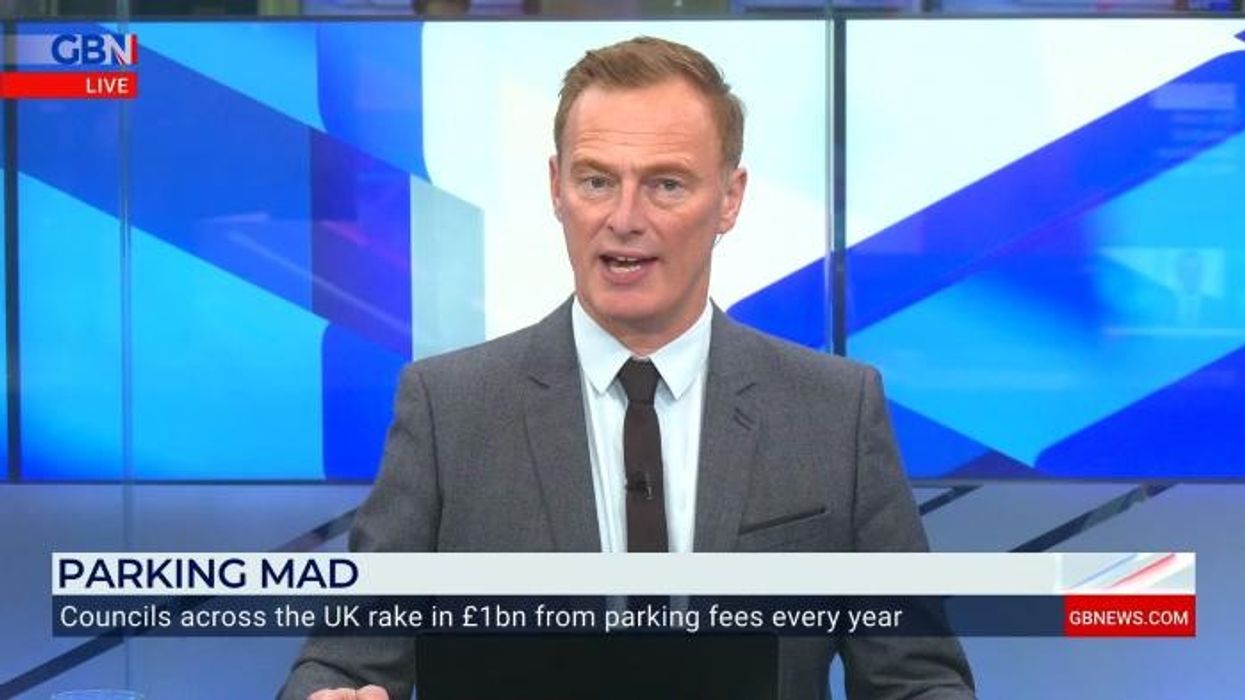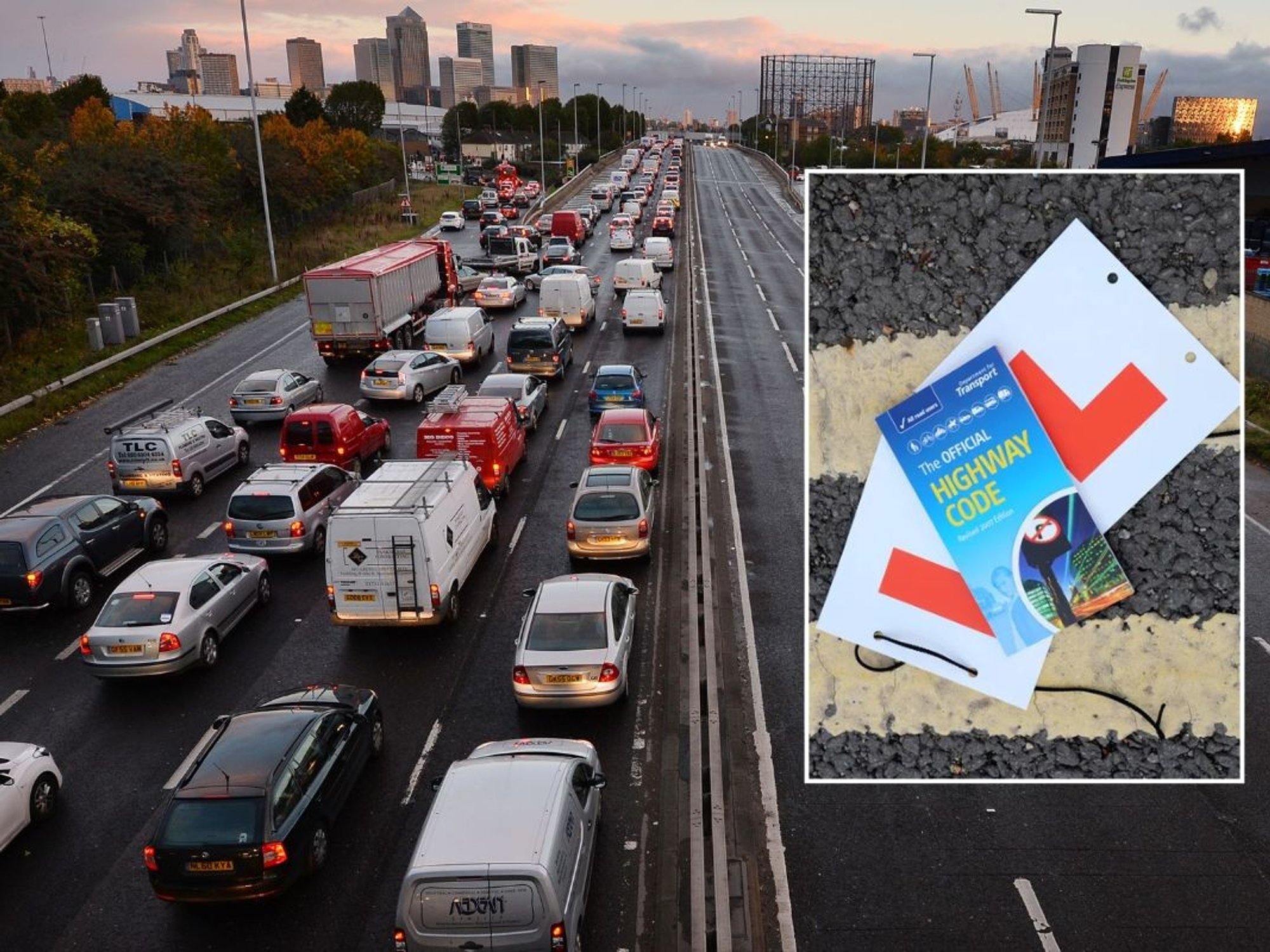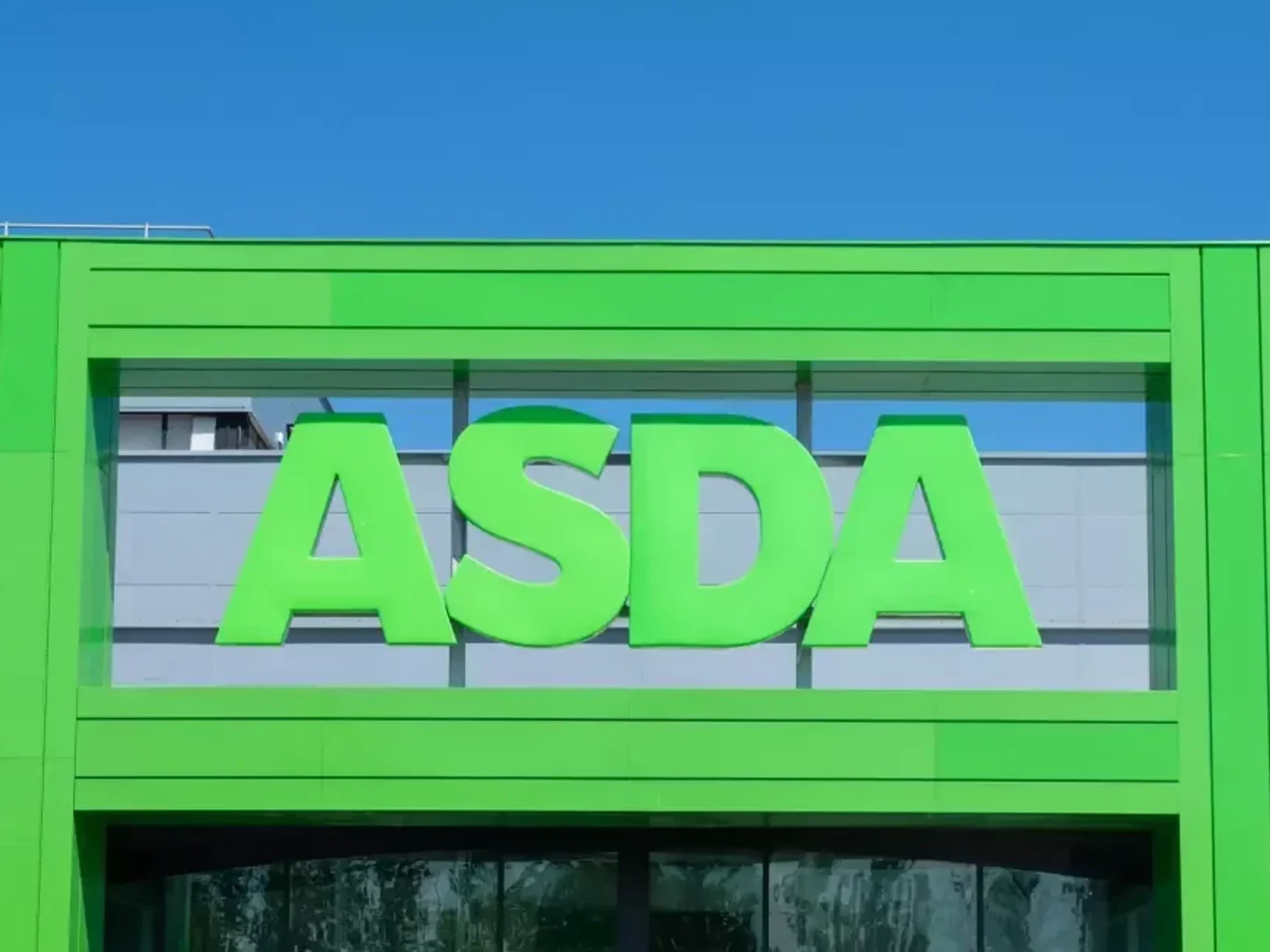UK parking wardens outnumber army soldiers as British drivers slapped with 'full-on local tax'

Reports found that authorities raised £2.3billion last year through parking penalties
Don't Miss
Most Read
The UK has been found to have more parking wardens than full-time soldiers in the army, with local authorities raking in billions of pounds through parking penalties.
It comes after reports found that local councils made a whopping £2.3billion a year from parking charges, permits and fines on UK roads.
The British Parking Association revealed that it has roughly 82,000 people employed through its members, marking 10 per cent more than the army, which has 73,490 full-time troops.
Experts have now warned that drivers are being treated as "cash cows" while defence spending in the UK has suffered cutbacks.
TRENDING
Stories
Videos
Your Say
Government statistics showed that council income from motorists has soared by nearly 20 per cent in two years as charges rose sharply.
Last year, local authorities in England alone brought in £1.4billion from on-street parking as well as £876million from council-run car parks. In total, councils made £1.1billion in profit, up from £961million two years earlier.
However, this figure does not include revenue from congestion charging, Clean Air Zones and bus lane penalties, which together contributed an additional £1billion.
London was found to be the biggest parking fund contributor, with Kensington and Chelsea alone raking in £49million from on-street parking. Brighton took home £33million while Manchester raised £19million.
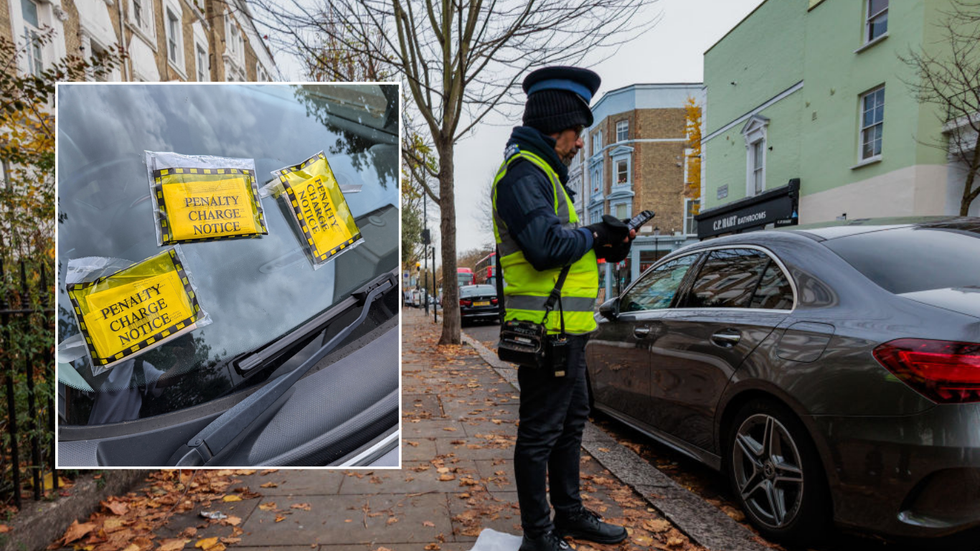
Kensington and Chelsea borough was found to bring in £49million from on-street parking
|GETTY
London Mayor Sir Sadiq Khan recently approved measures to increase parking fines to the higher bands across the capital.
The move, which came into effect in March, now sees drivers face penalties of £160, up from £130. Last year, London councils issued 8.3 million penalty charge notices.
Stephen Boon, London Councils' Chief Operating Officer, said: "Through using PCNs to manage parking and traffic, boroughs can reduce congestion and incentivise road users to drive and park safely and increase active travel such as walking and cycling.
"Boroughs can also improve bus prioritisation, reduce carbon emissions and improve air quality." He explained that the vast majority of motorists will be unaffected by these changes.
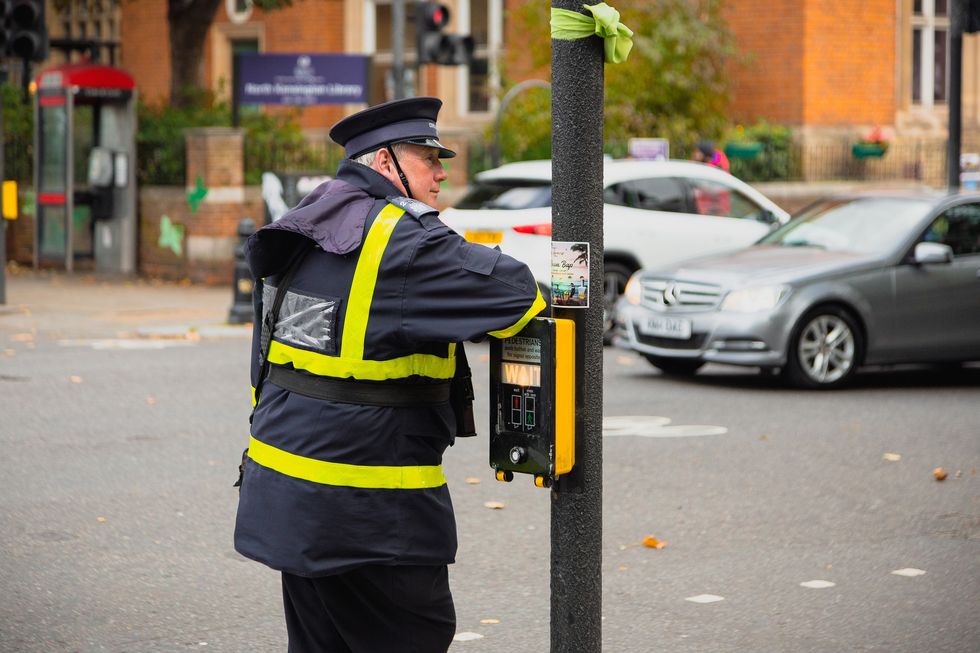
Reports found that authorities have raked in billions through parking penalties
|GETTY
LATEST DEVELOPMENTS:
- Drivers to be slapped with £5 daily cost next month as UK city launches new congestion charge
- Sadiq Khan hails London car ban trial as fight to block all cars becomes 'reality' for thousands - 'Glimpse of future'
- Rachel Reeves urged to launch pay-per-mile car taxes in Autumn Budget that could see drivers pay more
"Penalty charges have not changed since 2011 and the evidence clearly showed they needed to be increased to remain as an effective deterrent for the small minority who don't abide by the rules," Mr Boon added. He detailed how any net revenue raised from PCNs is reinvested in transport schemes across London.
Residential parking permits also acted as fundraisers for authorities, with Bexley Council hiking the cost of a yearly permit by 23 per cent to £160. Camden added a new "air quality surcharge" on permits, hitting some diesel drivers with bills of up to £195 a year.
Jack Cousens, head of roads policy at the AA, told The Times: "Making £1.2billion in profit out of people's pockets is where we are now. For too many councils, the cost of parking has gone from a reasonable charge to a full-on local tax.
"Residents feel hostage to permit costs so high that households are ripping up their gardens just to park outside their own homes."
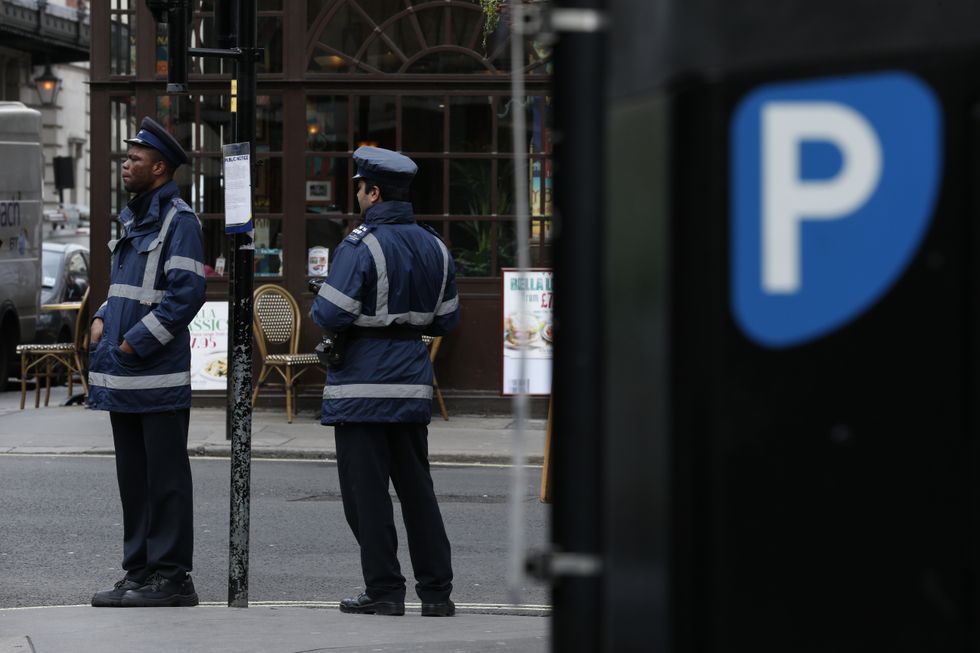
There are currently 84,000 parking officers operating in the UK
| PAMeanwhile, Steve Gooding, director of the RAC Foundation, warned that parking had become a "big business" across the UK.
He shared: "Many drivers will rightly feel they're paying more to use their cars, and then paying again to leave them stationary. The money raised is supposed to be spent on improving transport, not bailing out other budgets."
However, authorities insist they were not profiting, with officials pointing to a rising number of cars on UK roads and claiming that all profits were legally required to be reinvested into transport services.
A spokesperson for the British Parking Association said: "Income from parking often makes possible some of the most valued services councils provide, such as subsidised bus fares, school transport, pothole repairs and essential road maintenance. Without this income, many of these vital services would be under threat."


